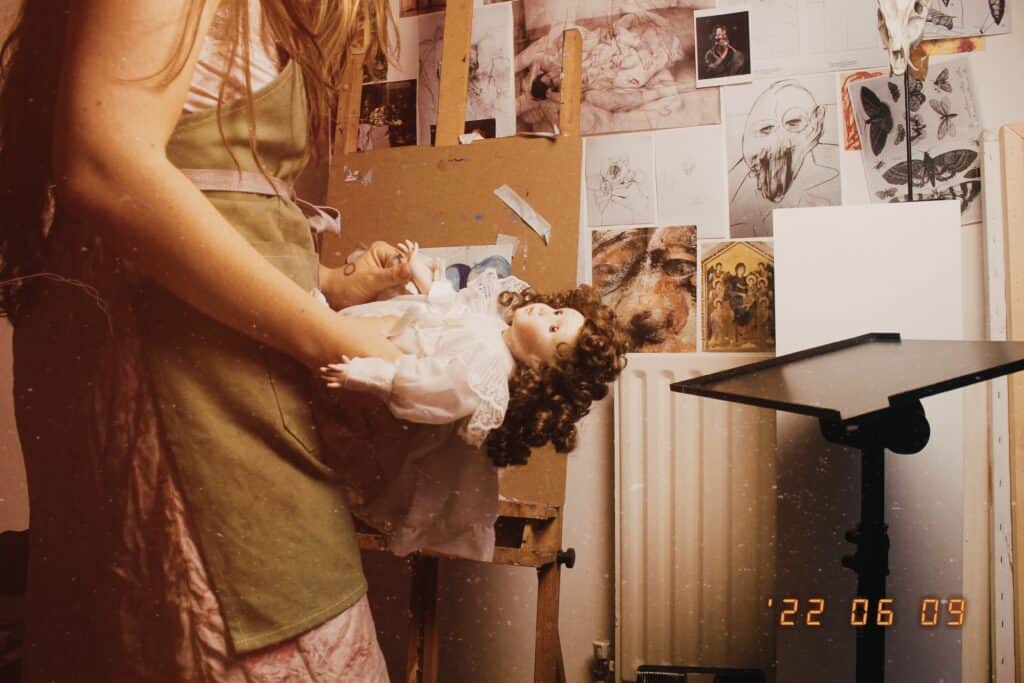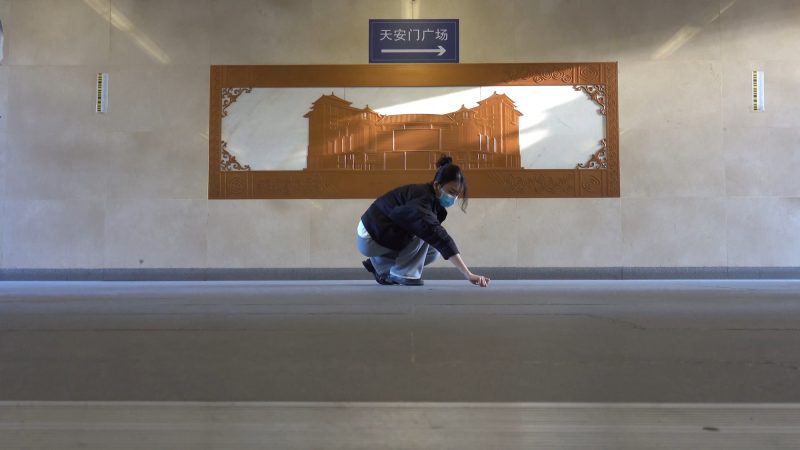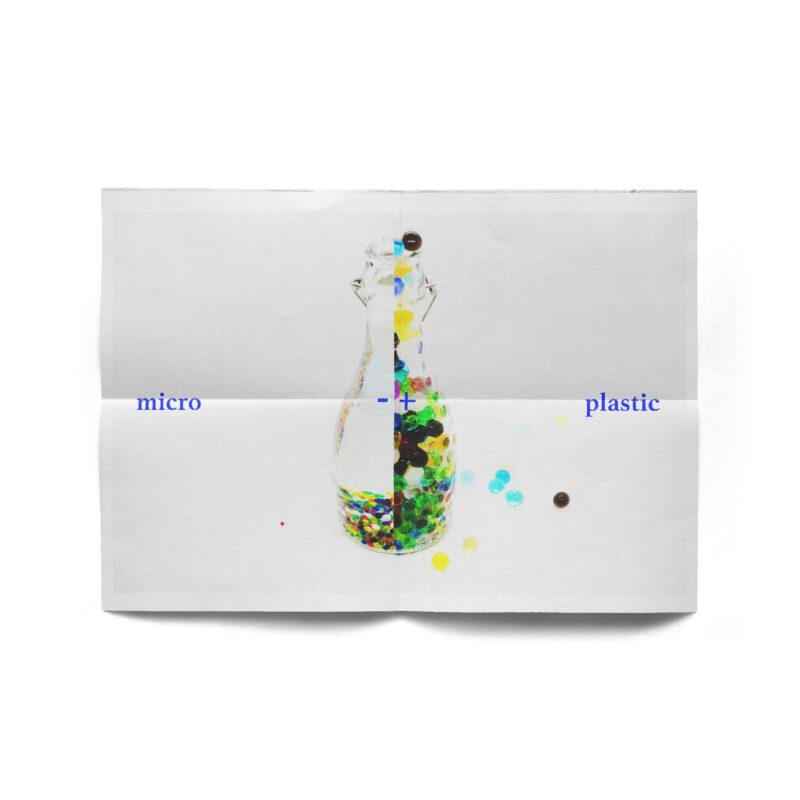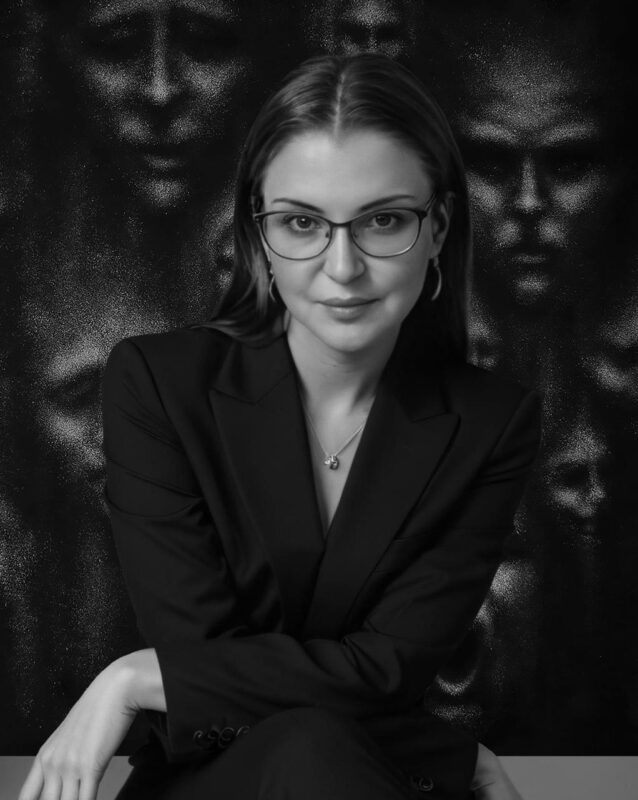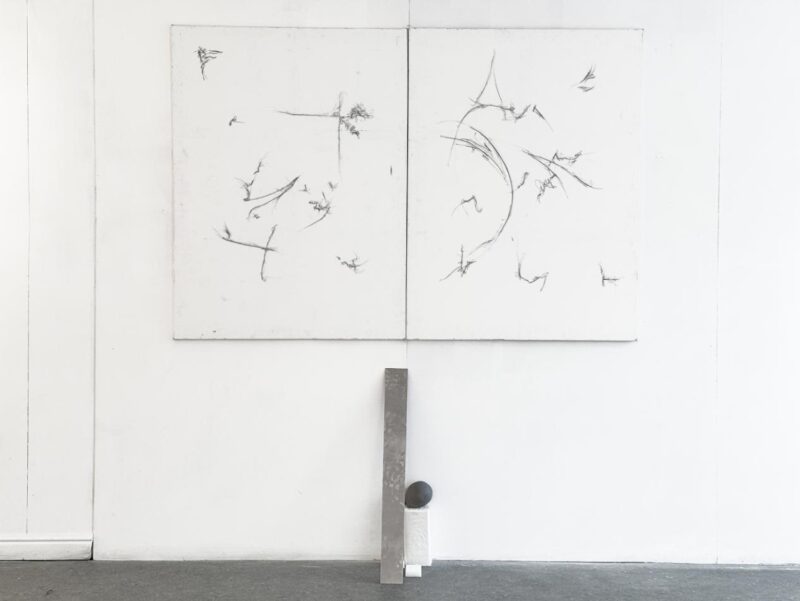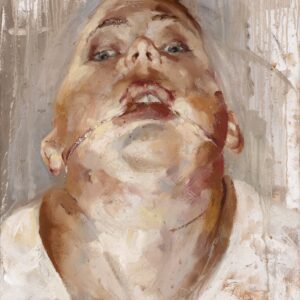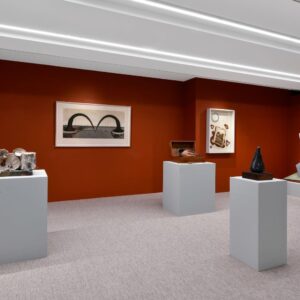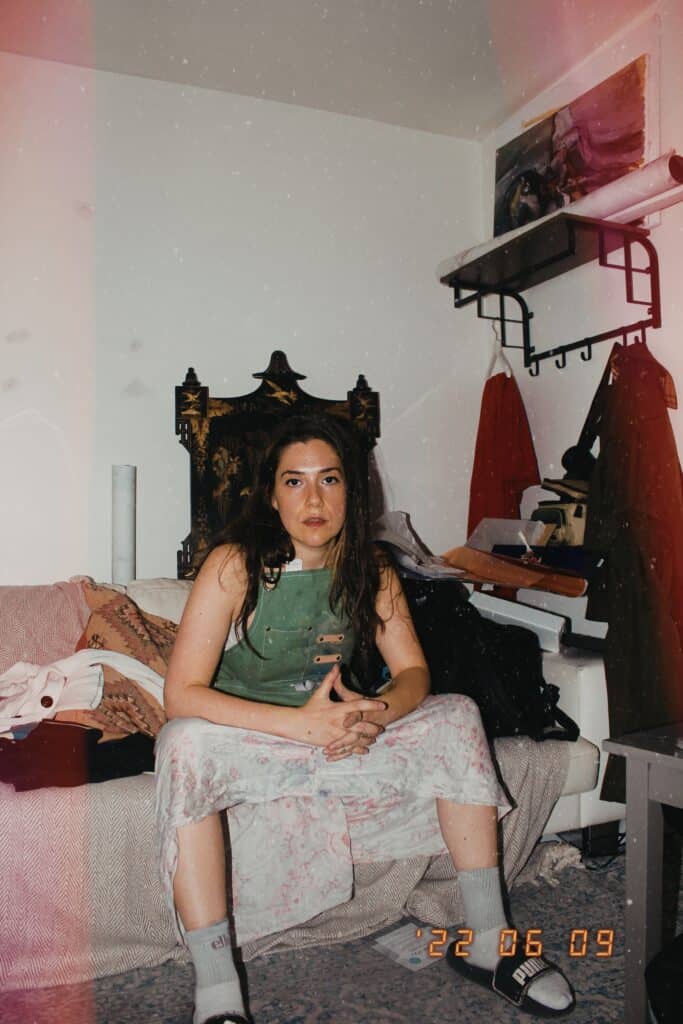
Abi Joy Samuel, a non-binary London-based artist whom I met during an art residency in the Netherlands, invited me to their studio in London by employing remote techniques of communication. This is through email exchange, a video call and photographic images that will aid in distinguishing the development of their creative practice. Abi’s work mainly uses the figure as a means of pursuing the density of human nature using mediums such as charcoal and pastels on paper.
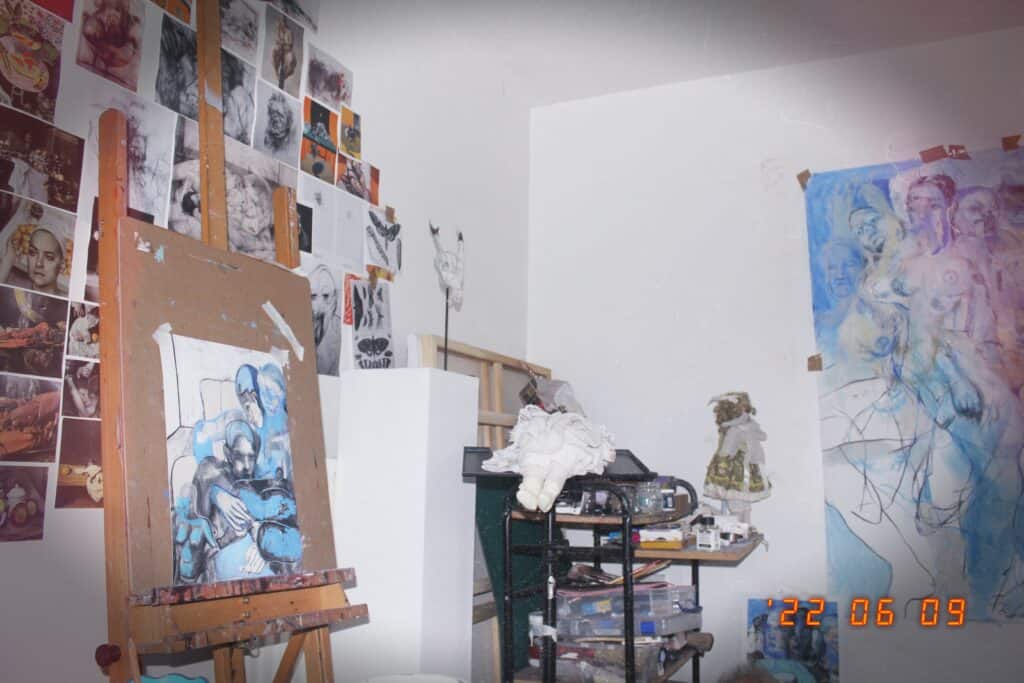
Insightful and evocative, Abi will research and assemble images of how they want the work to read and be perceived.
‘At the moment I am pretty fixed on the charcoal paper drawings, but when I am not so sure, I will experiment with mediums and surfaces. Then I will take the necessary references to execute the piece. I often use myself as a model, and have gotten pretty nifty at using the self timer function on my camera! The photos I take can be very personal so it’s good to be alone when I take them. I’ll then flick through the photos and find one to start with. It’s based on feeling. Then I begin drawing it, quickly to begin with. The moment I start to feel attached to it, I rub it away. You see, it’s a spiritual practice for me, taken from a Buddhist approach of non-attachment.’
Abi Joy Samuel
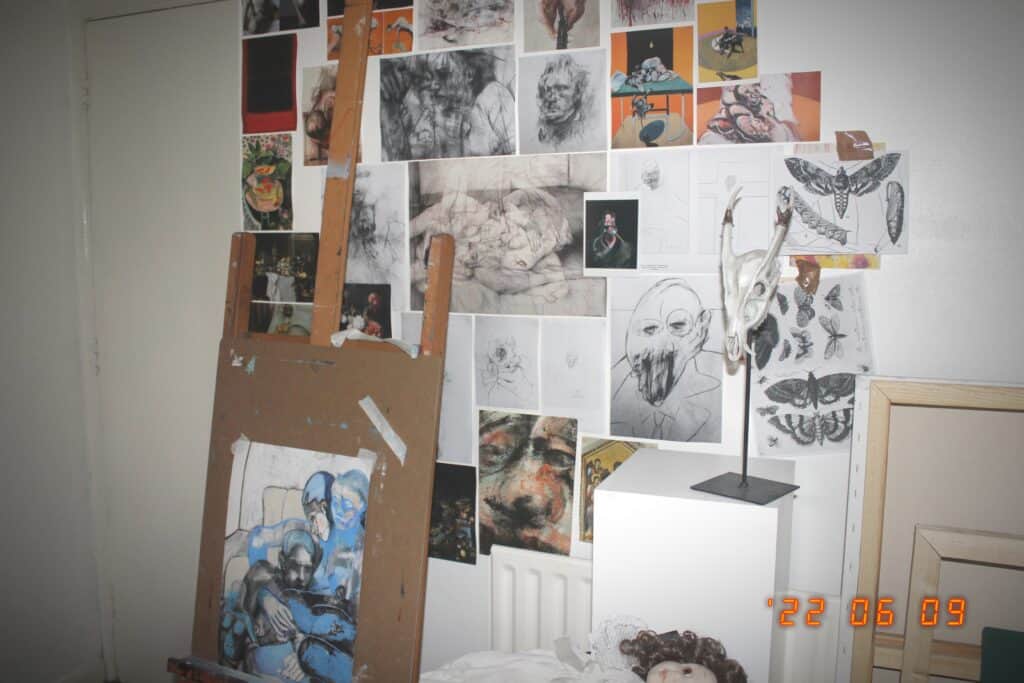
Abi took me on a virtual tour of the studio. Located in the lounge of someone’s council flat in East London, the space is surprisingly cosy overlooking a park with a snug patio. One white wall has a hanging drawing in process, while work materials are placed on the left side to be able to comfortably accessible. Abi has a library full of books which have been collected over years including their favourite designers Alexander McQueen, Vivienne Westwood and artists Salvador Dali, Mark Rothko and Jennifer Packer. The space gives a feeling of order, temporary rest and personal reflection.
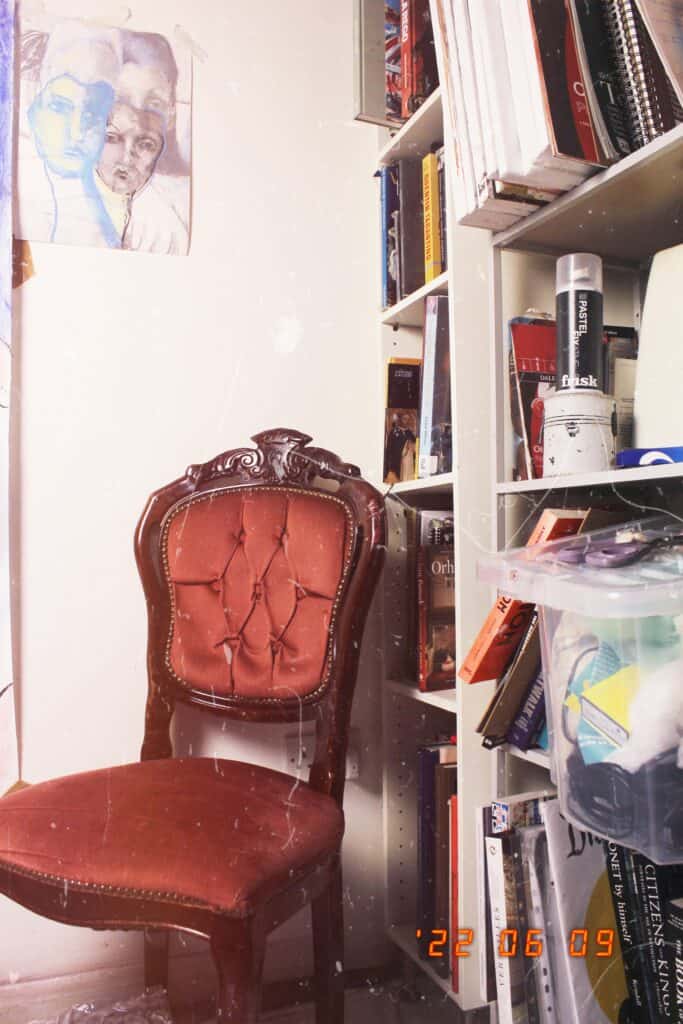
During the video call, I essentially experience strong daylight as well as markings on the protected floor, rolled and half-finished papers in corners of the room, preparatory work and sketches, photographic images hang on the walls. There is an accumulation of work and personal belongings in a limited space. This studio shows favoured traces of the Abi’s work and their process; the space gives a sense of an intimate workshop, it is a space of making and generation. Abi’s studio is a space where works in progress and the fruits of the artist’s research activities mingle in controlled chaos.
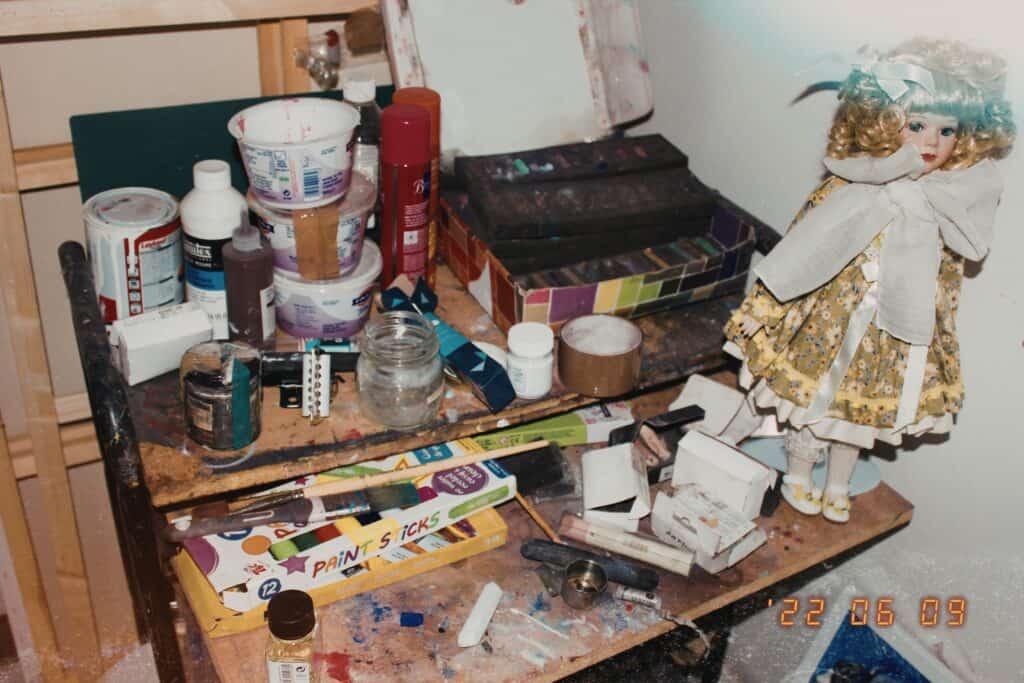
Abi is currently working towards a group show in Soho, London with Cicek Art Gallery in October, and a solo show at Inch Art Gallery in Manchester, in September. The theme of the solo show is based on the transient nature of life.
The work they are doing is mainly figurative works on paper made out of charcoal and pastel. Abi started doing them as an endeavour to examine and acknowledge why we live, why we die, and all of entirety in between. They do not believe in identity anymore their drawings are made up of lots of layers, many of which have been rubbed away, and re-worked over. That is the beauty of charcoal, it can disappear with one swipe, much like life. For Abi working with charcoal is comforting as is the same on paper. At the core of Abi’s artistic practice is continuous professional learning; learning based on repetition and generic skills but also explorative trial and error. There are many ways to be an artist but essential to artistic practice are knowledge and skills. The studio is central to such practices
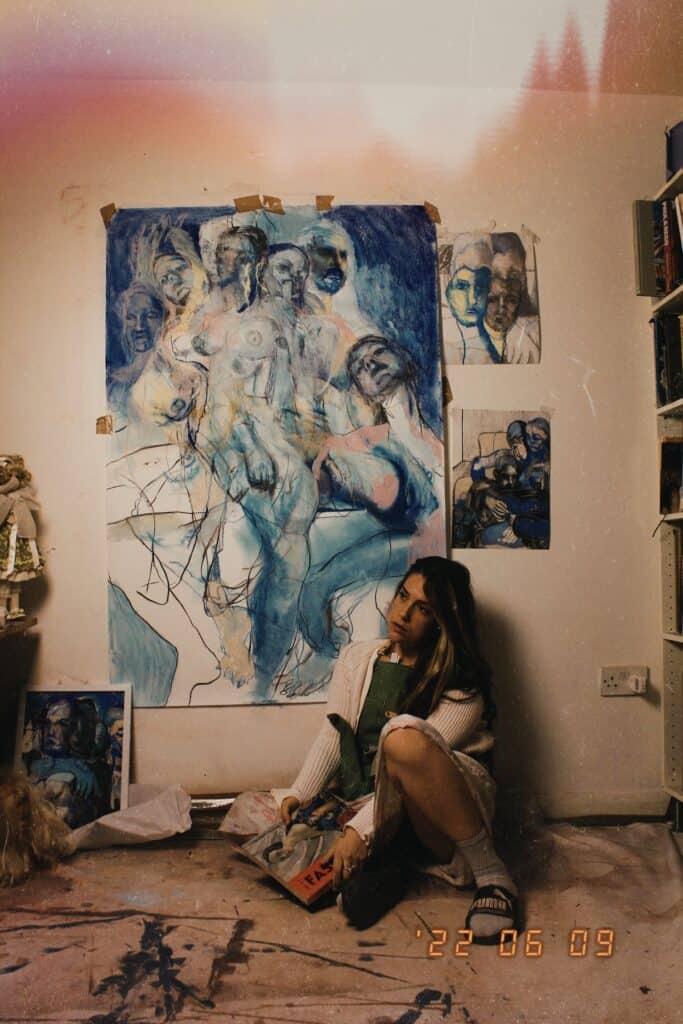
‘Paper pieces are considered less valuable because they are harder to preserve, and I like that. It’s humbling. Working on paper is like touching the surface of thin ice. It’s so vulnerable, and coming to terms with how short life is, makes you vulnerable. I don’t want to create works to last forever, because nothing lasts forever. To some degree, I am okay with not being remembered when I leave this body. It’s a part of the art work that my pieces can thin and wear over time. Working in layers is also my way of unravelling my identity. If I could work in reverse, I would. From the day we are born, we are innocent in this world, no ego. And then as life goes on, we have experiences that shape us and stay with us.’
Abi Joy Samuel
